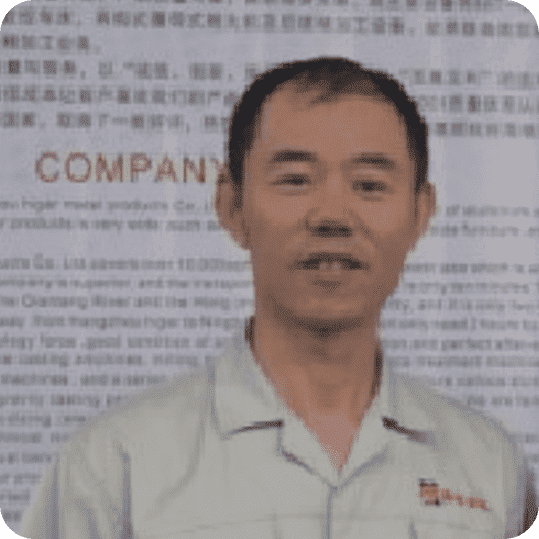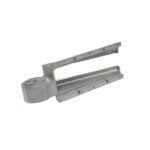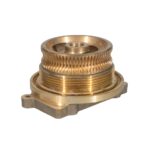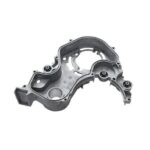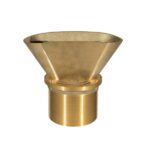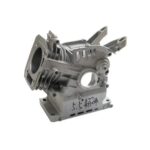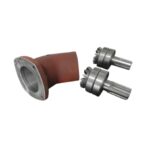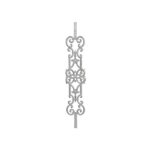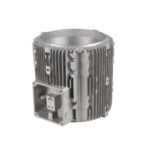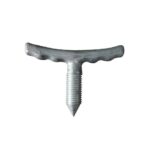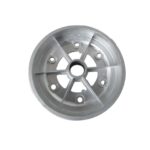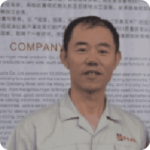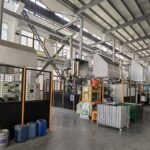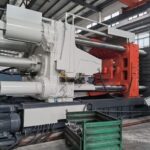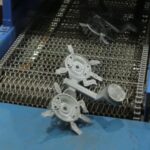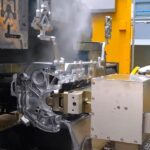Aluminium die casting stands out as a key manufacturing process, renowned for producing parts with intricate designs and high precision.
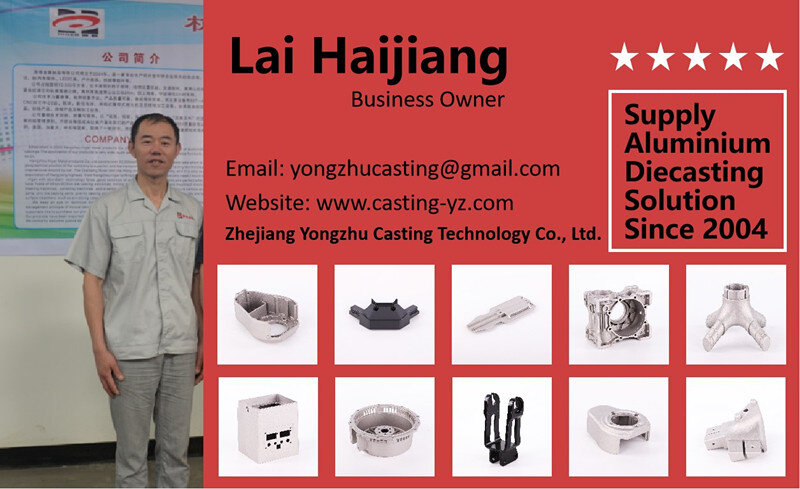
Hi, I’m Lai Haijiang, owner of Yongzhu Die Casting since 2004. Passionate about aluminum die-casting? Let’s chat! We craft custom aluminum parts for various industries and offer both manufacturing and wholesale services. Interested in being our overseas agent? Drop me an email with your ideas, and I’ll get back to you swiftly!
Exploring the Essentials of Aluminium Die Casting
- Selecting the Right Aluminium Alloy
- Importance of Material Choice Aluminium casting alloys are selected based on specific application needs. Factors like strength, corrosion resistance, and heat resistance are considered to ensure the alloy’s suitability for various industrial applications.
- Range of Alloys Available A spectrum of aluminium alloys for casting, including popular cast al alloys, is available to meet diverse manufacturing requirements, each offering unique property balances.
- Die Preparation: The Foundation of Aluminium Die Casting
- Crafting Precision Moulds The process initiates with the creation of a high-quality steel mould or die, precision-machined to achieve the exact shape and dimensions needed for the desired component.
- Ensuring Mould Quality The quality of the die is critical, as it directly influences the accuracy and consistency of the final aluminium casting die products.

The Aluminium Die Casting Process Unveiled
- Melting and Injecting Aluminium
- The Role of Furnaces and Pressure Aluminium ingots are melted in specialized furnaces and then injected under high pressure into the die cavity. This step is crucial for ensuring that the molten aluminium captures all the fine details of the mould.
- Achieving Precision and Accuracy The high-pressure injection process is key to producing aluminium die cast parts with precision, meeting the stringent specifications of various industries.
- Cooling and Solidification: Critical for Quality
- Rapid Cooling for Desired Properties The rapid cooling phase within the die mould is essential for obtaining the desired material properties and dimensions of the aluminium part.
- Importance of Controlled Solidification Controlled solidification ensures that the final product, whether it be an aluminium casting die or a complex component, meets all quality standards.
Advantages of Aluminium Die Casting in Manufacturing
- Precision Engineering with Complex Designs
- Creating Detailed and Accurate Parts Aluminium die casting is particularly effective for manufacturing parts with complex shapes and tight tolerances, reducing the need for additional finishing processes.
- Minimizing Secondary Operations The ability to produce intricate details directly through the casting process significantly lowers the requirement for post-casting machining.
- Efficiency in High-Speed Production
- Rapid Manufacturing for Various Scales The process is highly efficient, capable of rapidly producing parts, making it cost-effective for both small-scale prototypes and large production runs.
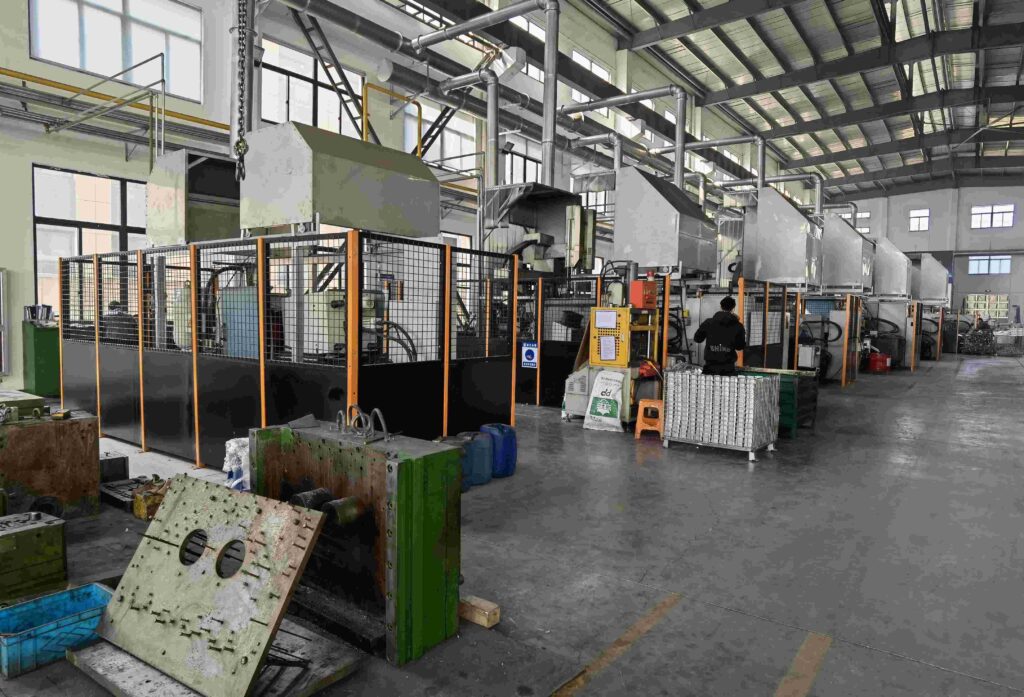
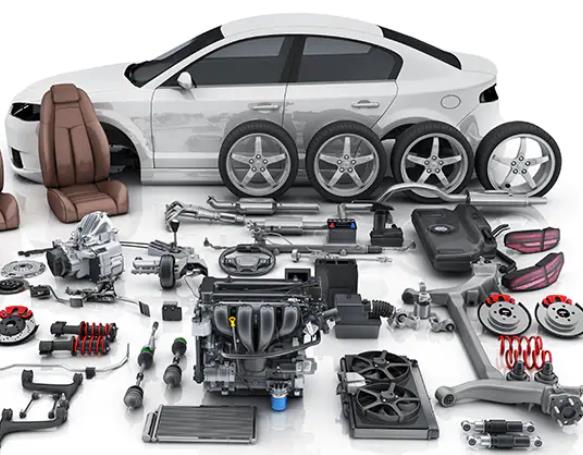
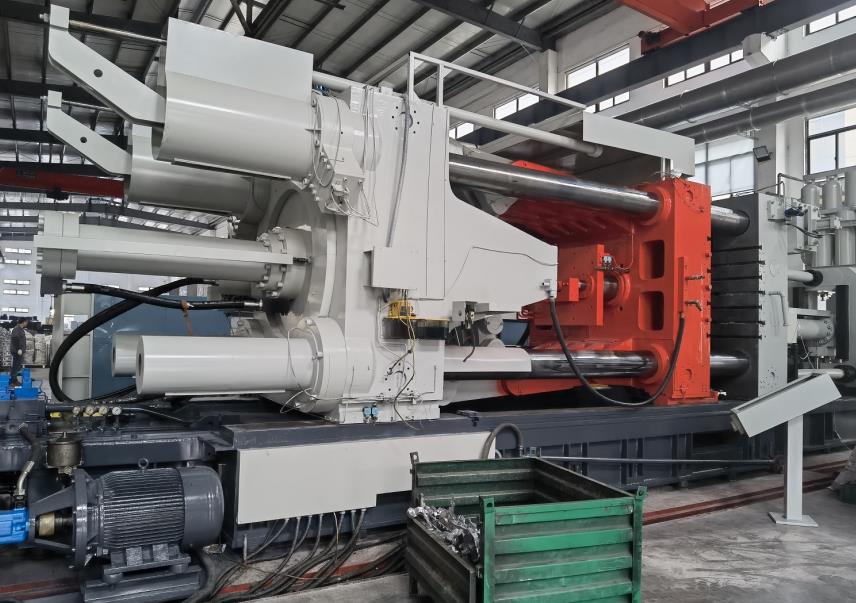
Aluminium Die Casting in Action: Industry Applications
- Automotive Applications: Lightweight and Durable
- Components for Modern Vehicles Aluminium die casting is extensively utilized in the automotive industry for parts like engine components, contributing to vehicle efficiency and safety.
- Advantages in Vehicle Design The lightweight yet strong nature of aluminium cast parts makes them ideal for modern vehicle designs, enhancing performance and fuel efficiency.
- Electronics and Industrial Equipment: From Heat Sinks to Machinery
- Electronics: Managing Heat with Aluminium In electronics, aluminium die casting is critical for creating components like heat sinks, which require efficient heat dissipation.
- Industrial Equipment: Precision for Performance The process is equally important in industrial applications, producing components for machinery where precision and durability are paramount.
Conclusion For procurement professionals and potential buyers, understanding the aluminium die casting process is crucial. Its ability to produce high-quality, intricate components quickly and efficiently makes it a valuable method in various sectors, from automotive to electronics.
With a focus on aluminium casting alloys and precision moulds, aluminium die casting continues to be a cornerstone in modern manufacturing. Drop me an email with your ideas, and I’ll get back to you swiftly!

